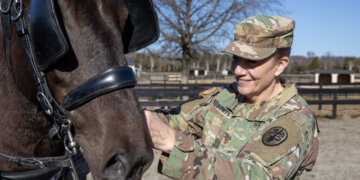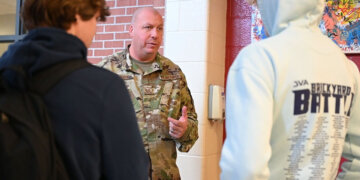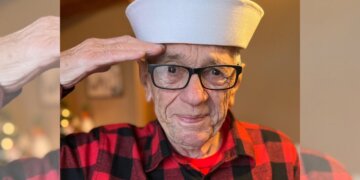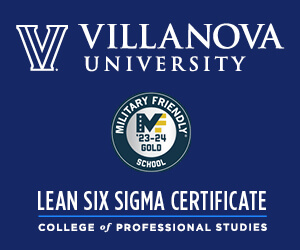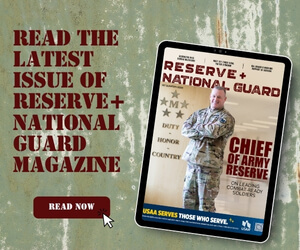Efforts in the public and private sectors to recruit and employ transitioning veterans have contributed to a 3.8% unemployment rate for the more than 4 million that served from 2001 to present, according to the U.S. Bureau of Labor and Statistics. For the more than 19.2 million veterans over the age of 18, this is a positive employment forecast for life after the military.
Ted Avila, an employment specialist/disabled veteran outreach program specialist for the State of Hawaii, transitioned from the military six years ago.
“As military service members transition out of the military, they attend a transitioning seminar/workshop. During this workshop they should be shown websites that address how to match specialty codes to civilian jobs for writing a resume,” he said.
Avila recommends veterans visit their American Job Center where the veterans have priority of service and will be assisted with the development of resumes and cover letters specific to the job occupation/announcement. The AJC will also assist with job searches and matching military specialty codes. According to Avila, the most lucrative positions are in the technical fields.
“Veterans who have the education, certification(s) and/or licenses and experience will be considered by the employer,” he said. “Don’t forget veterans need to practice interviewing skills to ace the interview. The resume and cover letter only offer the opportunity to be invited for the interview. The interview itself will determine if the veteran meets the employer needs, and employers assess how the veteran will work within the organization.”

Many veterans will pursue employment in their military occupational specialty, according to Dr. Derek Abbey, interim director of the Joan and Art Barron Veterans Center at San Diego State University.
“Some of the most common interests are engineering, business, criminal justice, social work and health fields. The most lucrative in recent years have been the STEM fields, specifically engineering. Cybersecurity is growing rapidly and in demand,” he said. “A bachelor’s degree is very important and, in many industries, an advanced degree is needed. However, there are many fields where a bachelor’s degree is not needed. There are many technical fields that pay well. Some require things like a technical certificate or apprenticeships. Many of these fields are shorthanded in skilled workers to fill positions.”
Some fields that translate well for transitioning veterans:
- Engineering: BLS projects nearly 140,000 new engineering jobs from 2016 to 2026. In 2016, engineers had a median annual wage of $91,010, more than twice the median wage for all workers.
- Business and Finance: BLS projects business and finance to grow 10% from 2016 to 2026, faster than the average for all occupations, adding about 773,800 new jobs. The median annual wage for business and financial occupations was $68,350 in May 2018, which was higher than the median annual wage for all occupations of $38,640.
- STEM: BLS projects employment in science, technology, engineering and mathematics will grow to more than 9 million from 2012 to 2022. Although median wages vary, the median annual wage of architectural and engineering managers top out at over $128,000.
- Social Work: BLS projects social work and health service occupations to grow 16% from 2016 to 2026, much faster than the average for all occupations. Employment growth will be driven by increased demand for healthcare and social services, but will vary by specialization. The median annual wage for social workers in May 2018 was $49,470.
- Cybersecurity: BLS projects cybersecurity occupations to grow 28% from 2016 to 2026, much faster than the average for all occupations. The median annual wage for cyber security operations was $98,350 in May 2018.
Education is another option.
Yale University in New Haven, Conn., graduated five student-veterans in 2018. Three now work in finance, one attends Yale Law School and one is studying for his doctoral degree at Oxford University as a Gates-Cambridge Scholar. All of these students were members of Yale’s Eli Whitney Program, designed for individuals with high academic potential who have had their education interrupted, at some point during their educational careers, for five or more years.
Patricia Wei, director of Veterans Outreach in the Office of Undergraduate Admissions at Yale University, details opportunities available to veterans in higher education.
“These programs may aid veterans as they navigate their education after leaving the military,” Wei said.
- Yellow Ribbon: A scholarship program that allows approved institutions of higher learning and the VA to partially or fully fund tuition and fee expenses that exceed the established thresholds under the Post-9/11 GI Bill.
- Service to School: A program that provides free application counseling to military veterans.
- Warrior-Scholar Project: A transition program consisting of a series of highly intensive, totally immersive, one and two-week college-preparatory academic boot camps hosted at America’s top colleges and universities.
San Diego State University and the Joan and Art Barron Veterans Center supports veterans through a variety of programs.
“We work with students to determine where they are at and where they want to strive for as a profession or education,” Abbey said. “Often SDSU is not the best fit for students, so we work with them on finding the best college or university for them.”
Abbey recognizes for many veterans transitioning to civilian employment is overwhelming. “We work with them to ensure they have the resources available to perform academically at the highest level possible,” he said.
Several resources exist to assist military-connected job seekers conduct searches geared toward specific military skills, including a tool from Google. Users can put “jobs for veterans” in the toolbar along with the MOS code.
Read comments



















